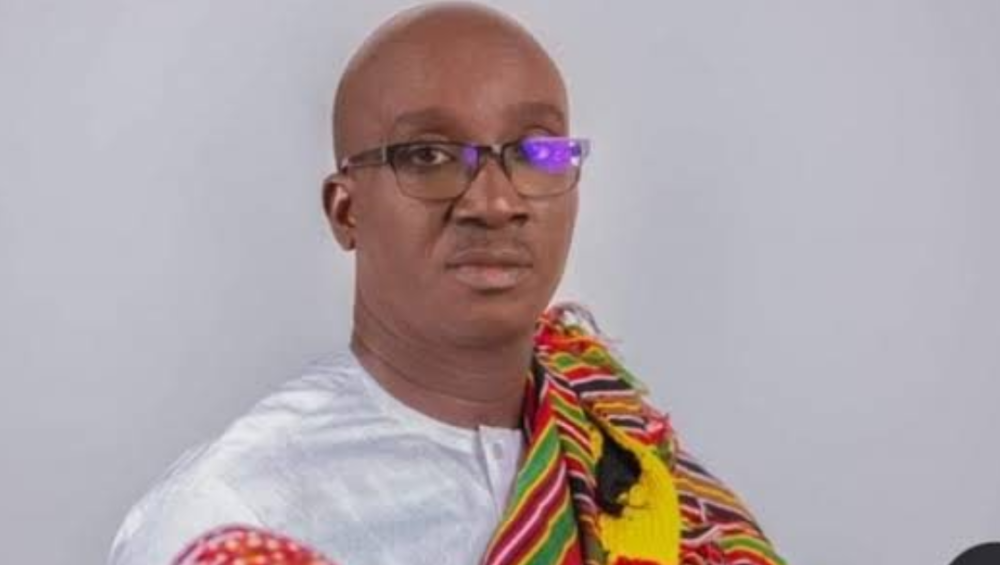Governor Monday Okpebholo of Edo State has reaffirmed his administration’s strong resolve to end irregular migration, human trafficking, and the associated human rights abuses that have long plagued the state, particularly among its youth.
Speaking through the Director-General of the Edo State Migration Agency, Lucky Agazuma, on Monday, the government disclosed the adoption of a strategic, human-centred policy direction aimed at curbing the long-standing crisis. Agazuma noted that no previous administration had addressed the issue with the same level of urgency, depth, and political will as Governor Okpebholo’s.
“The governor has prioritised the safety, dignity, and empowerment of Edo people, especially victims of trafficking and returnees,” he said.
Central to this renewed effort are two flagship initiatives spearheaded by the agency:
The S³ Model – “See it, Say it, Sort it”: A community-based system encouraging residents to report suspected trafficking and migration-related crimes.
The R³ Model – “Re-admit, Rehabilitate, Reintegrate”: Designed to support returning migrants through psychosocial services, vocational training, business startup grants, and long-term integration plans.
Agazuma emphasized the importance of a collaborative approach, noting the state’s ongoing partnerships with traditional rulers, faith-based organisations, civil society groups, and international development partners. The agency has also deployed field officers and set up migration desks across all 18 local government areas to deepen grassroots engagement.
To challenge persistent myths about migration, the state has launched a safe migration education campaign targeting both aspiring migrants and returnees, offering real-life insights into the hardships faced abroad.
In addition, the agency has engaged over 20 embassies, particularly within the European Union, to advocate for visa reforms, lower application costs, and accessible legal migration pathways. “Embassies must support safe migration by making legal migration affordable and accessible,” Agazuma stressed.
Significant achievements under the Okpebholo-led administration include the rescue and repatriation of trafficked Edo girls from Libya and Burkina Faso, notably a 14-year-old victim flown home under the governor’s direct support. Another key milestone was the arrest and prosecution of a native doctor who had been administering trafficking oaths.
The agency is also leveraging private sector partnerships to channel Corporate Social Responsibility funds into empowering returnees, creating jobs, and supporting sustainable businesses.
Governor Okpebholo reiterated his administration’s dedication to every Edo citizen—at home or abroad. “No Edo person must die unjustly,” he declared. “No one should be forced into dangerous journeys across the Sahel or trapped in modern slavery abroad.”





